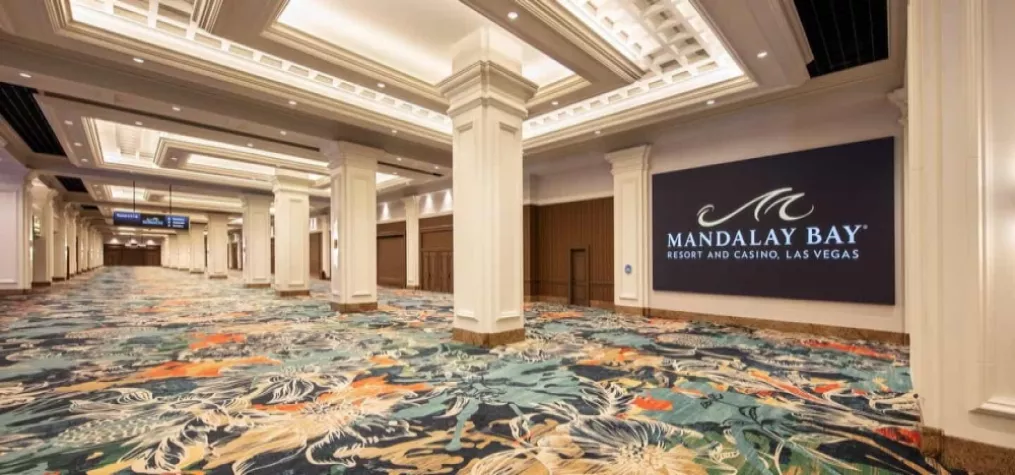The Five C's of Reliable Wireless Internet: Connectivity (part 5 of 6)
This is the fifth part of a six-part series on WiFi at events. The next “C“ you need to consider when designing a good network is connectivity (or bandwidth).
If, for a moment, you think of internet access like water, the first “C’s” we addressed covered your sprinkler system.
Now, you need to make sure you have enough water traveling through your pipes if you want the sprinklers to work properly. Even the best sprinkler system in the world is not going to effectively water your lawn if your pipes are too narrow or if there isn’t a sufficient supply of water flowing through them. The same is true for WiFi.
No matter how good the network infrastructure is, the user experience will be painfully slow if you do not have enough bandwidth. To keep the analogy going, bandwidth is the rate of data transfer through your pipes. Bandwidth is measured in bits per second. For large events, you will be purchasing bandwidth in terms of millions of bits per second (Mbps or Megabits or Megs) or billions of bits per second (Gbps or Gigabits or Gigs).
Many venues like to charge for Internet access per IP address, Ethernet drop, or by some other means. While these may be convenient billing methods, they have very little to do with one of the largest cost components and underlying determinants of your network experience – bandwidth.
With any WiFi access or Ethernet drop purchase, you must ask how much dedicated bandwidth you are receiving since the speed of your network is contingent upon it. Be extremely wary of any network provider who won’t commit to giving you “dedicated bandwidth” or quote speeds in terms of upload and download.
Calculating the proper amount of bandwidth to purchase for your wireless network is partly an exercise in estimation and partly an exercise in arithmetic (but don’t worry, you can use a calculator).
To help our clients estimate the amount of bandwidth they need for a WiFi buyout, we use a formula that estimates the maximum number of devices you expect to be on the network at any one time. The formula is as follows:
Total Bandwidth Needed = A x D x W x B x M
A = # of attendees
D = average # of devices per attendee
W = % of devices using WiFi (reduced by cellular 3G/4G offload)
B = average bandwidth required per device (in Mbps)
M = max % of devices online at any given time
If you have no idea what these values are or do not feel comfortable estimating them, you should contact an IT person who is familiar with networks. This can be either someone from within your organization or a third party network consultant.
For the purposes of illustration (aka - insert disclaimer here), we would recommend that for every 1,000 devices, under a casual usage scenario, you obtain no less than 20 Mbps of dedicated bandwidth.
Purchasing bandwidth from your hotel or convention center’s in-house provider can be expensive, sometimes over $1,000/Mbps, so you obviously don’t want to be buying more than you need.
That said, skimping on bandwidth is a surefire way to guarantee an unpleasant internet experience for all. This is because each additional person that connects to the network will be using up a portion of the available bandwidth. The more people that get on the network, the slower it will be for everyone.
If you drastically under-purchase bandwidth, the network can slow to an unusable speed, leaving attendees dissatisfied and organizers frustrated. Obviously, this can happen even if you spend $20,000 on 20 Mbps when you really need 100 Mbps.
There are two ways to get bandwidth into a building: the traditional way of using a copper or fiberoptic cable, and the newer method of using a point-to-point microwave wireless signal.
If you’re not aware of all bandwidth options, you may erroneously conclude that your venue has a monopoly on bandwidth and you have to pay their price for their circuit. But fear not, you do have a choice when it comes to who will be providing the bandwidth (and the overall network) for your event.
Our last and final blog post in the series will focus on your freedom of choice.


Add new comment